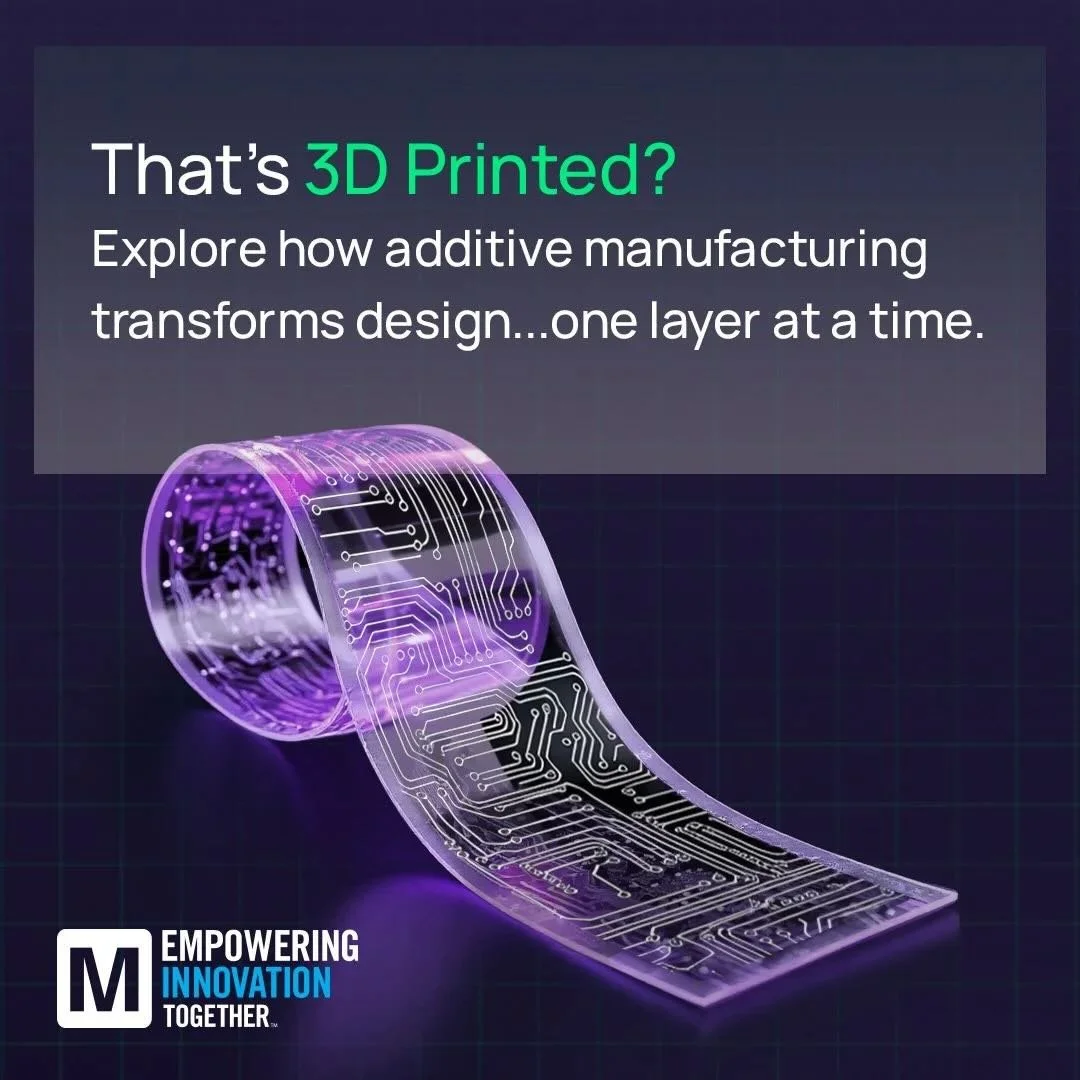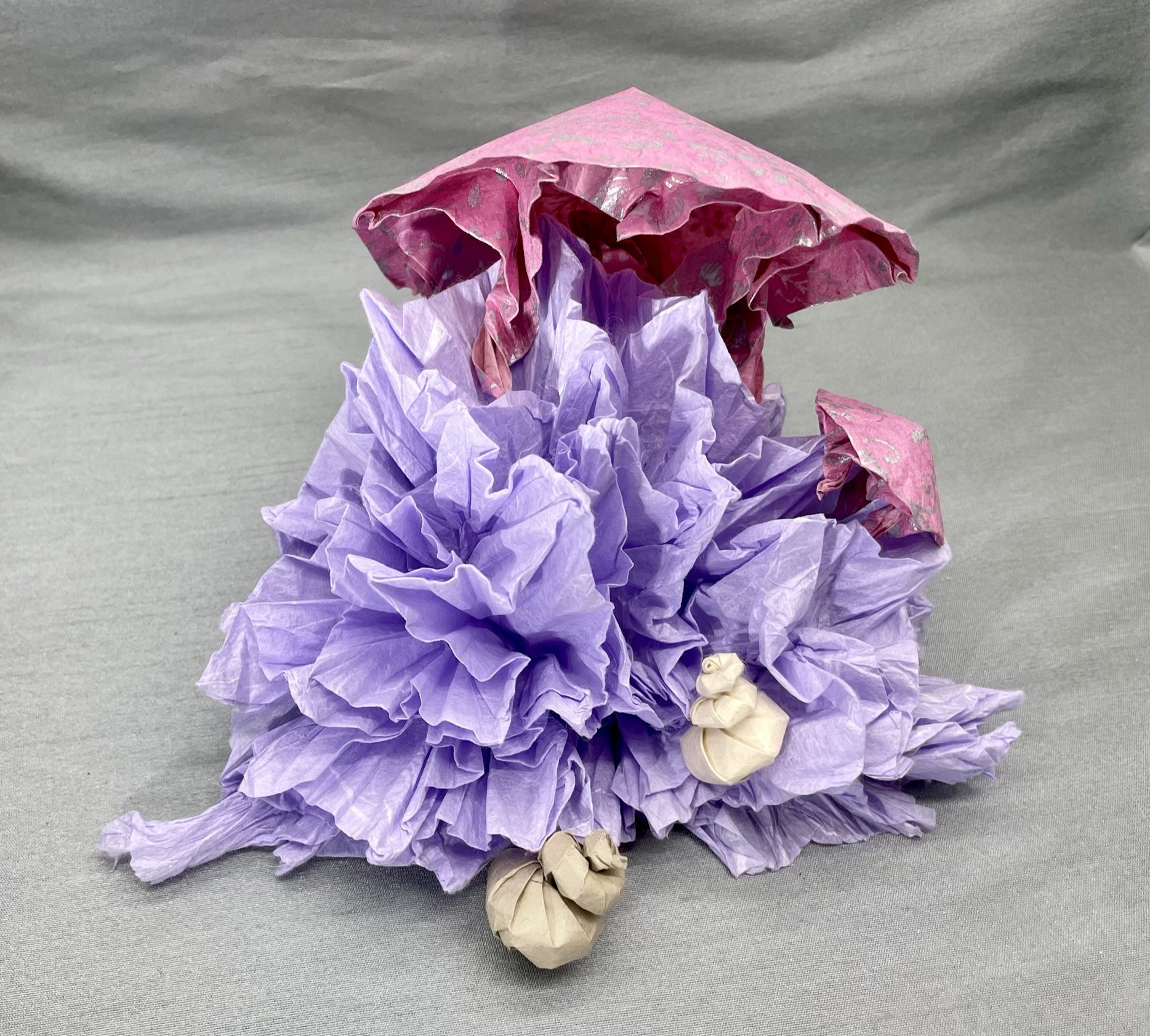520: All Sorts of Interesting Facts About Teeth
Chris and Elecia apologize, discuss uses and abuses of chatbots, reach out to an uncertain manager, try to help someone out of their professor’s draconian rules, and extol the joys of reading.
Chabot Space & Science Center is in Oakland, CA, US. It is wonderful!
Some suggestions for UncertainManager:
Thanks for the Feedback: The Science and Art of Receiving Feedback
Hang in there! You are probably doing better than you think.
Audio books are great! In the US, many libraries have digital libraries with extensive audio collections. There are several apps with different catalogs for the same library Libby, Kanopy, Hoopla, and Palace (check out the California shelf at Palace!).
And since you are probably going to ask about the games Elecia doesn’t play:
Turing Complete shows how logic and logic gates work, building up a processor.
Zachtronics’ TIS-100 is another logic and processor design game. It is a little ugly in spots (too real world) but it is a really deep dive into learning assembly. It is the precursor to Shenzhen IO but harder to finish.
Zachtronics’ Shenzhen IO is about circuits and how they work .
Human Resource Machine by Tomorrow Corporation is about optimizing resources, it turns out to be a lot like assembly programming.
Should you have gotten here because you wanted facts about teeth, Elecia had been enjoying Bite: An Incisive History of Teeth, from Hagfish to Humans.
Transcript











